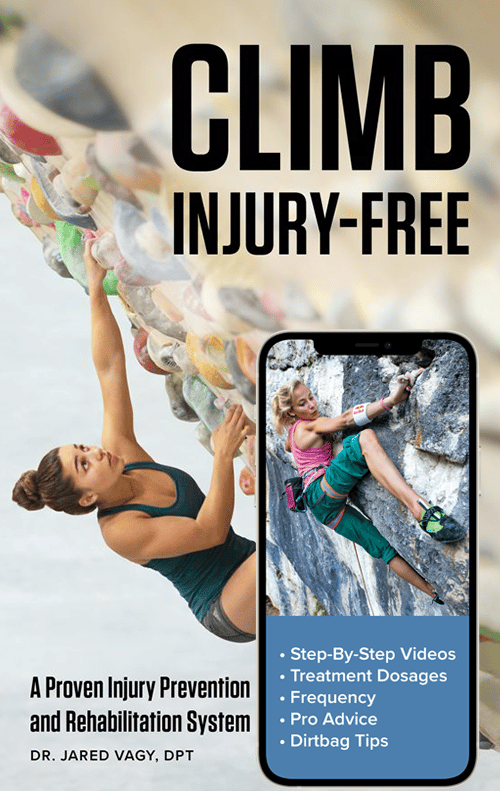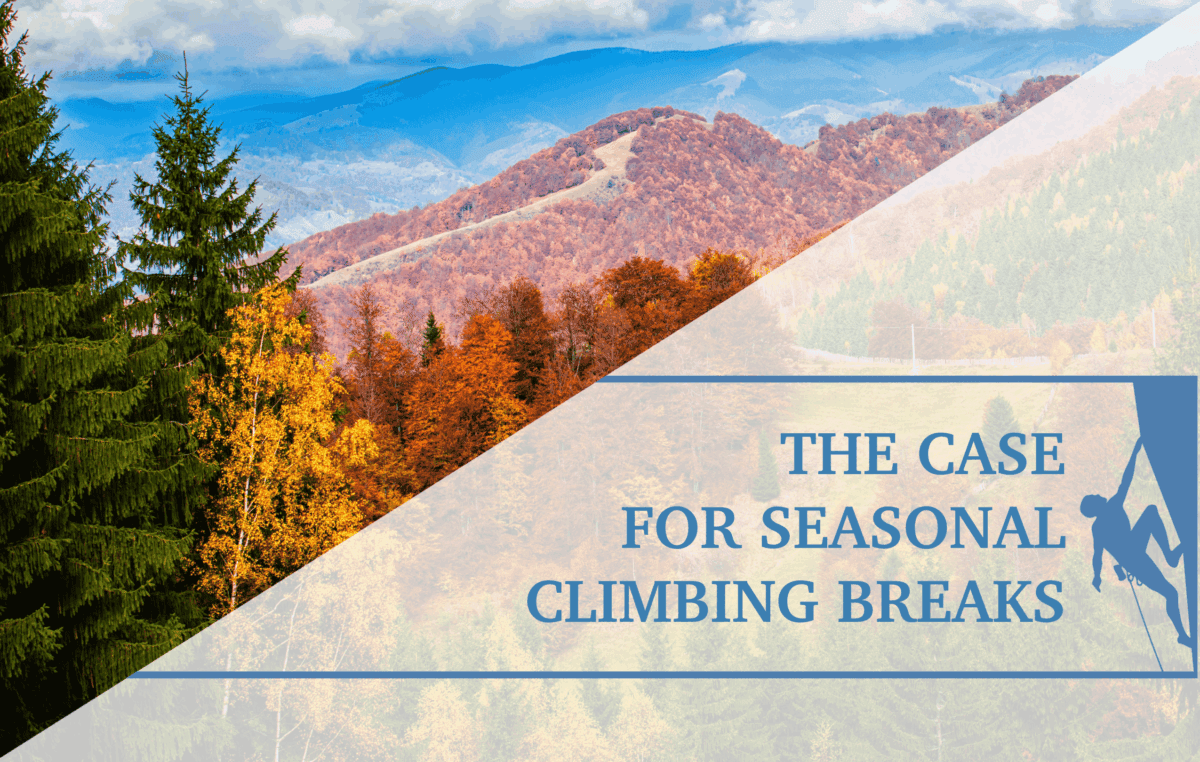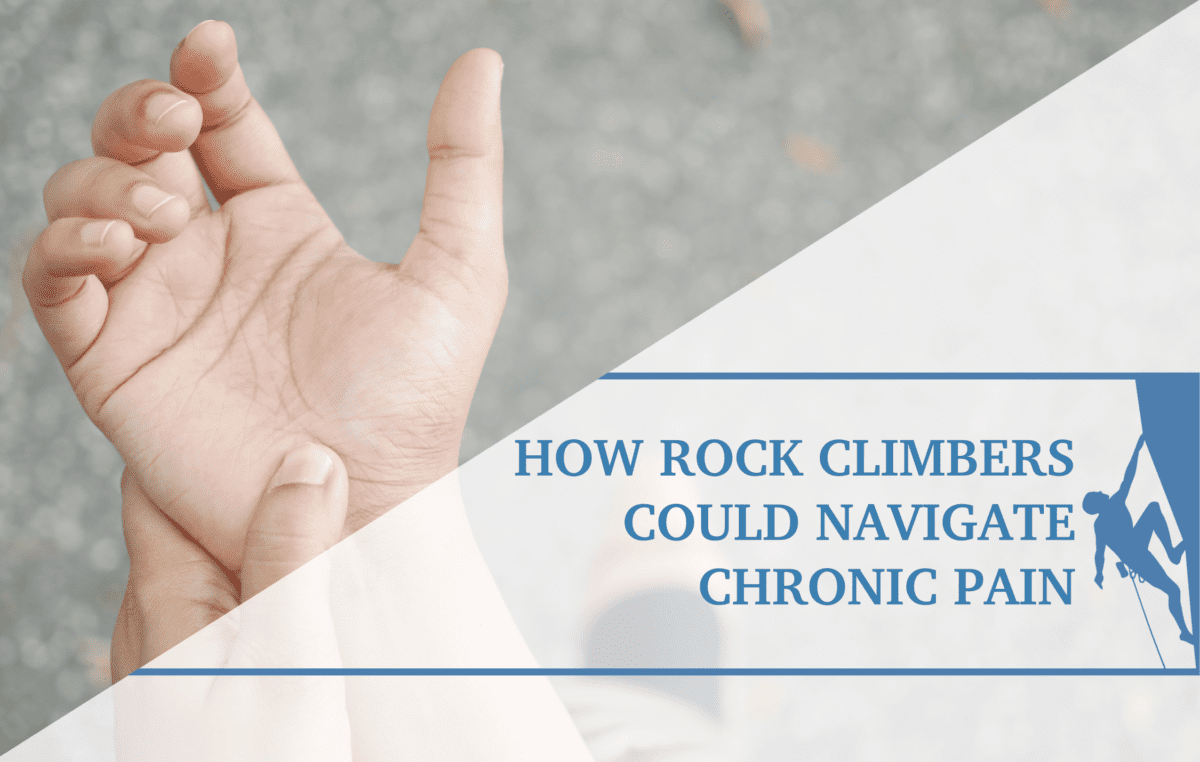Climbing to Calm: How Scaling Walls Eases Modern Mental Health Struggles
In a world where chaos often feels like the new normal and stress seems to be an unwelcome companion on our daily journey, it’s no wonder that mental health concerns are on the rise. According to the American Psychological Association’s October 2023 survey, 37% of Americans report being diagnosed with a mental health condition—a 5% increase since 2019. It reflects our tumultuous times, where crises seem to follow each other like dominoes. But amidst this whirlwind, there’s a glimmer of hope—not in the latest digital detox or mindfulness app, but in something as simple and timeless as exercise.
I’ll be the first to admit that after a long day of battling deadlines and navigating the endless maze of emails, the last thing on my mind is hitting the gym. All I crave is a cozy nook, a glass of wine, and a good book to whisk me away from reality. But here’s the thing—climbing isn’t your typical workout drudgery. It’s more like solving a thrilling puzzle, one hold at a time.
Instead of mindlessly trudging away on a treadmill, you’re scaling walls, testing your strength, balance, and agility while having a blast. And here’s the kicker: climbing isn’t just a physical endeavor; it’s a mental one too. Remember that survey we talked about? The one where anxiety levels were soaring at 24% and depression at 23%? Well, here’s where Climbing swoops in as the unexpected hero.
Let’s talk science for a moment. A study comprised of 40 middle-aged people battling depression was assigned to two groups: one participated in a climbing session. At the same time, the other opted for a relaxation session. This study examined whether just one climbing session could impact our mental health. Results showed there was a significant difference in their depressive symptoms and coping mechanisms. So, even if you can’t commit to a regular climbing routine, a single session can work wonders!
Fullscreen ModeAnd here’s more good news regarding anxiety; another study took 19 sedentary individuals who participated in an 8-week climbing program. The result was that not only did their anxiety levels reduce, but they also strutted out of that climbing gym with a newfound swagger, thanks to a boost in self-confidence compared to the control group.
Fullscreen ModeSo, there you have it. Climbing isn’t just about reaching the top—it’s about finding your footing physically and mentally in a world that sometimes feels spinning out of control. So why not grab your gear, leave the worries behind, and climb to a happier, healthier you? The adventure awaits indoors or outside; just ensure you’re getting out there!
Author Bio
Alyson Self is a physical therapy student at Arcadia University.
Resources
- Disclaimer – The content here is designed for information & education purposes only and the content is not intended for medical advice.




